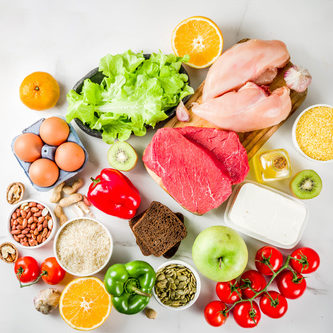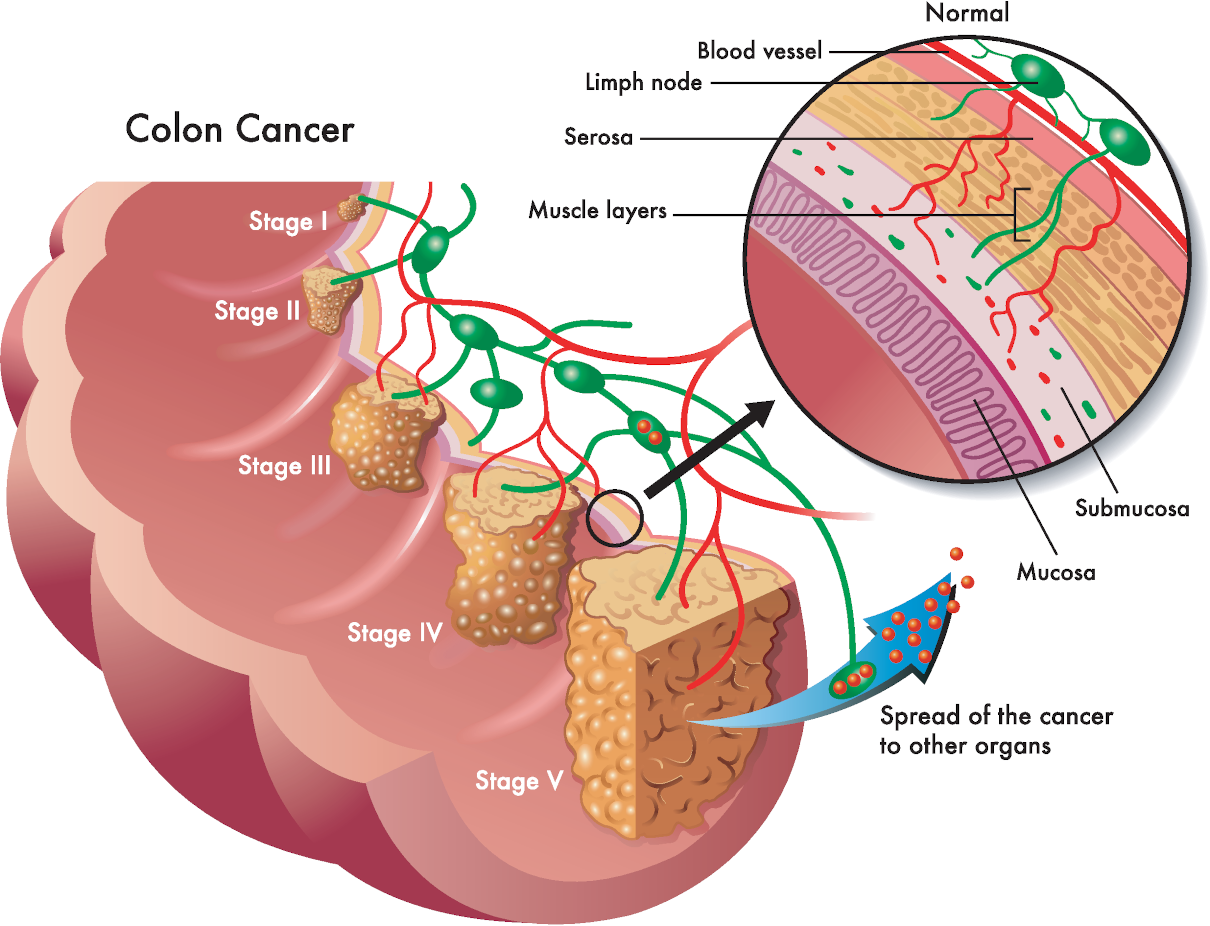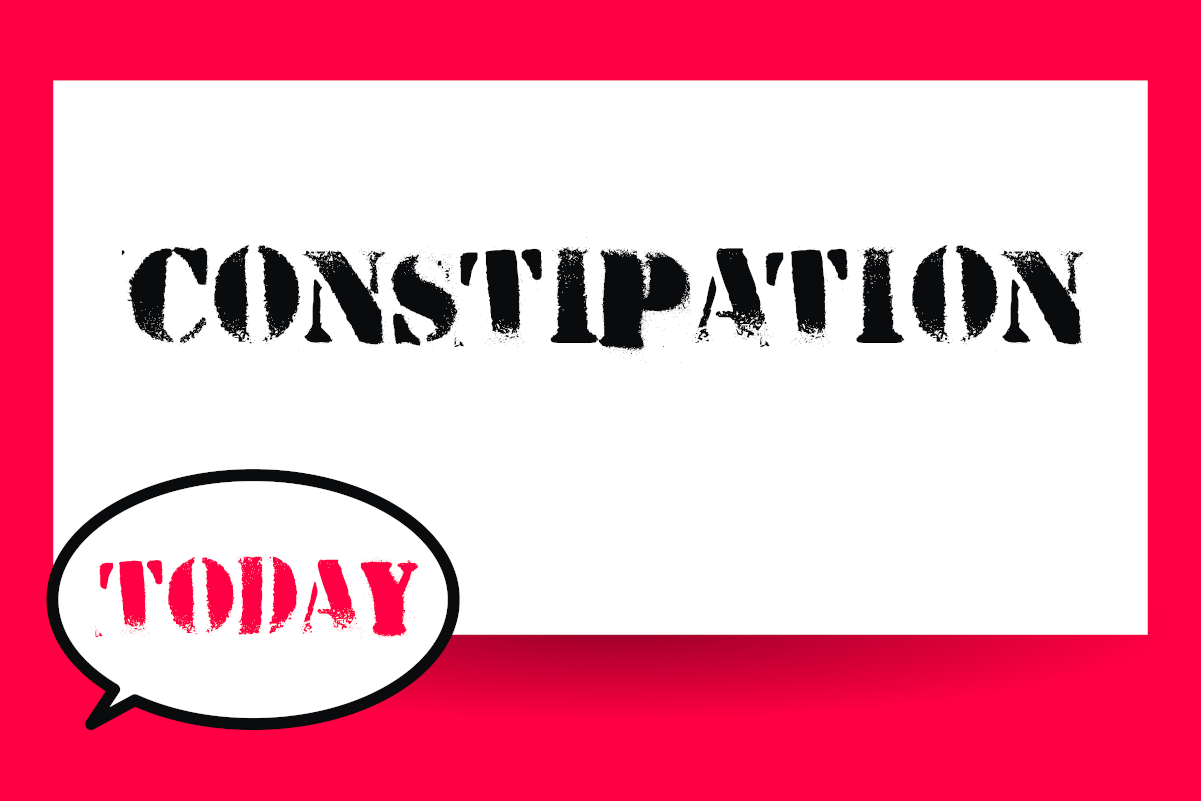
Colon cancer cases are at the 6th or 7th in frequency among other localisations, accounting for about 4 to 5% of all cancers. However, the first place among intestine localisations is rectal cancer. Symptoms of colon cancer may be different.
Chronic intestinal pathology
Rectal cancer usually develops because of a previous chronic precancerous disease. Its symptoms, especially the early ones, are often nonspecific and no different from what the patient had to face.
People with chronic intestinal pathology and those at risk for this disease by other parameters should undergo a regular medical examination so as not to miss the onset of malignant tumour development.

Anti-candida Mini Detox – three colonics with bicarbonate of soda
The Anti-candida mini detox involves a concentrated series of three colonics infused with bicarbonate of soda, ideally scheduled once weekly. This regimen serves as a potent initiation into a detoxifying cleansing routine, setting the pace for rejuvenation.
Symptoms of colon cancer at different stages of the disease
As mentioned above, the first symptoms of colorectal cancer are numerous but nonspecific. Besides, they cause a tumour to manifest as various other bowel diseases. Signs of colon cancer:
- general weakness and increased fatigue;
- anaemia;
- disruption of intestinal function;
- a feeling of discomfort in the abdomen, bloating, flatulence, a sense of incomplete bowel emptying after the act of defecation;
- blood in the faeces.
- Symptoms of colon cancer at the initial stage of the disease can be expressed not brightly and have a transient nature. Still, their regular appearance should alert and cause an examination. The presence of blood in the faeces is hazardous. Strictly speaking, this symptom does not refer to very early signs but indicates a tumour that has already developed. Moreover, often it is the first that attracts the patient’s attention.
- Slow development and a gradual increase in symptoms characterise rectum cancer.

Food intolerance test of 208 ingredients
This is our most comprehensive food and drink test. It analyses your client’s IgG antibody reactions to 208 food and drink ingredients. This test will highlight their food triggers and help you formulate an IgG-guided elimination diet together.
Late symptoms of colon cancer:
- blood in the stool (if this sign has not attracted attention before, then we must not ignore bleeding in the later stages);
- impaired bowel function;
- false desires for emptying, and the sensation of a foreign object in the rectum after going to the toilet;
- flatulence;
- partial or complete obstruction of the intestine;
- cramping pain;
- excretion of pus and mucus;
- fistulas;
- weakness, fatigue, and rapid weight loss.
Facts
To sum up, the late signs of rectal cancer are associated with the growth of a tumour, and its decay products lead to the intoxication of the body. Therefore, the tumour is the reason for a sharp deterioration in health, a decrease in appetite, a decline in strength, whiteness, etc.

Intravenous infusion (detox, re-hydration, well-being)
Due to stress, tiredness, recurrent infections, poor quality fruit and vegetables, a diet of fast food, complex digestive disorders and a high intake of alcohol, it is essential to balance our diet with vitamins and mineral supplements.











